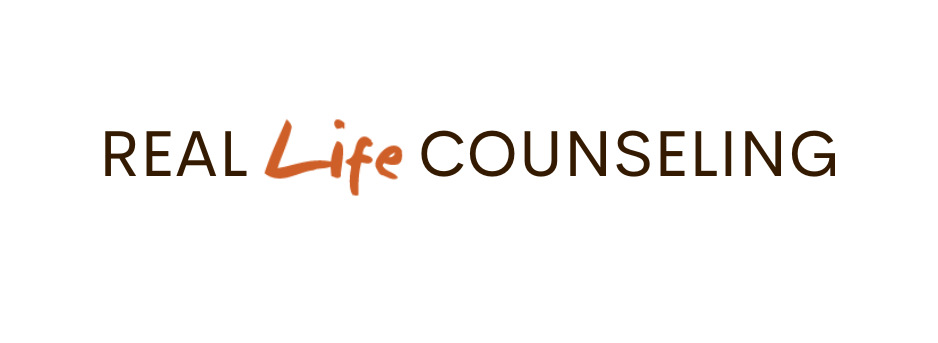One of the most common questions I run into working with people is, “How do I establish a sense of self-worth not based on what other people think?” Most of us understand we shouldn’t be defined by others – what they say or think about us – but we don’t readily know how to establish a sense of value in a more legitimate way. After working for 20 years to help people improve their sense of self, I have gathered that there are actually multiple dimensions that can give us a sense of worth and value.
At any given time, I have believed that one of the facets below could alone determine our value. I have come to believe, however, that our value as human beings can be conceptualized in multiple ways. The sum total of the dimensions below – as we work to identify and seat them in our consciousness – gives us the most robust sense of our worth. For example, we might be tempted to believe our inherent (intrinsic) worth is the only thing that gives us a real sense of value as humans, but we cannot really divorce that from our sense of purpose and meaning in the universe or the qualities that make up our basic personality. These all go hand in hand. Below are six distinct ways we can look at our value as humans, all of which work together to give us the fullest sense of our worth and value in the world.
1. Intrinsic/Existential Value
This is the value we possess just by existing. Even if we have no value in terms of arbitrary measures like beauty or talent, we still have inherent value as part of the universe. Insects have some value in the ecosystem. How could we believe anything different about ourselves? This could also be seen as the value we have in our “is-ness.” We are valuable because we are.
2. Purpose/Meaning
This dimension is one of the closest to our core selves. If we identify a purpose, such as “caring for others,” the struggle to experience our value becomes all but resolved. Our purpose or meaning could be seen as the function we play in the ecosystem, if you want to think about it that way. If you discover your “purpose” or “meaning,” it is hard to question that you have at least some value in the larger context.
3. Abilities/Talents
These can flow from our sense of meaning and purpose, but they are not the same. Your abilities and talents are more in the realm of what you are uniquely gifted to do. This is also one dimension that we can rely on too heavily. We sometimes think we only have value if we achieve or perform. Like the rest of these, our abilities and talents do not make up our value in and of themselves (and we would have intrinsic value even if we did nothing), but they should also not be fully dismissed for their ability to give us value.
4. Qualities/Characteristics
These are different from our talents and abilities. They can be developed and possibly instilled, but they feel more like innate parts of our selves like “sensitivity” or “creativity.” The aggregate of these make up what we often think of as our personalities and knowing these well can help us have a clear sense of who we are, which quickly gives way to a sense of value.
5. Inner Voice
We also get to know our inherent value by getting to know our inner voice. If you sit in silence long enough and practice giving rise to what you really think and feel, you will get to know what your inner voice sounds like. This is very much who you are, and when you tap into it, it is hard not to believe in the value residing within.
6. Relational Value
Again, we tend to rely too heavily on others to give us a sense of value, but who we are to them is not not part of our value. In fact, the idea of having value at all is a relational construct. It is always in terms of your value in a certain context, whatever that “context” is. We might ask, “value to whom?” It does matter that you matter to someone else.
If you are looking to gain a sense of value, I would recommend considering all these dimensions and not relying on one too heavily over the others. Relying on one too heavily can get you into trouble, like putting all your eggs in one basket. If that one measure of your value is called into question, like when you fail at something and your talent or ability is called into question, your sense of value is challenged. Establishing self-worth can feel like a precarious pursuit. It is always happening in a context and can change and grow. Parts of your self may fall way to reveal a deeper sense of self based on a more robust set of criteria. It is something we continue sketching in over the lifespan. Here’s to hoping we can define and redefine ourselves, but that our sense of self is always growing.

